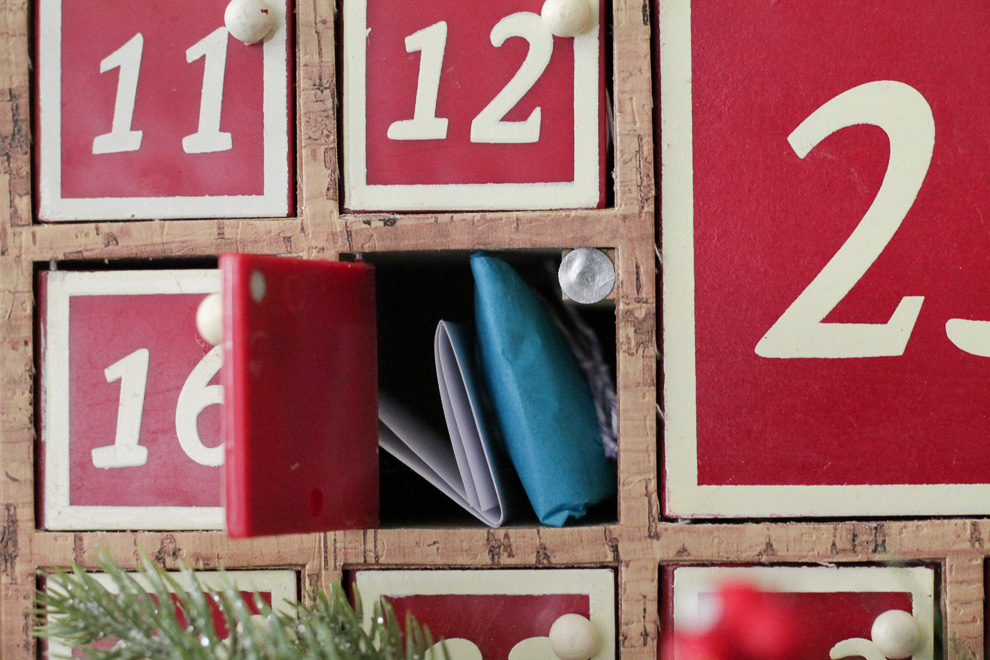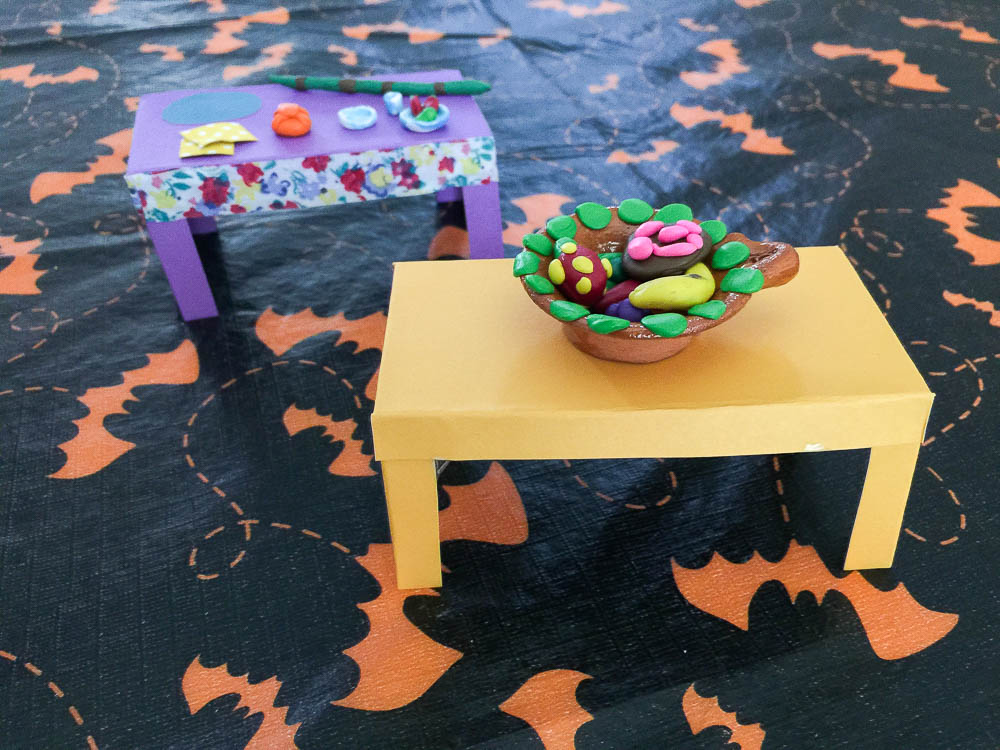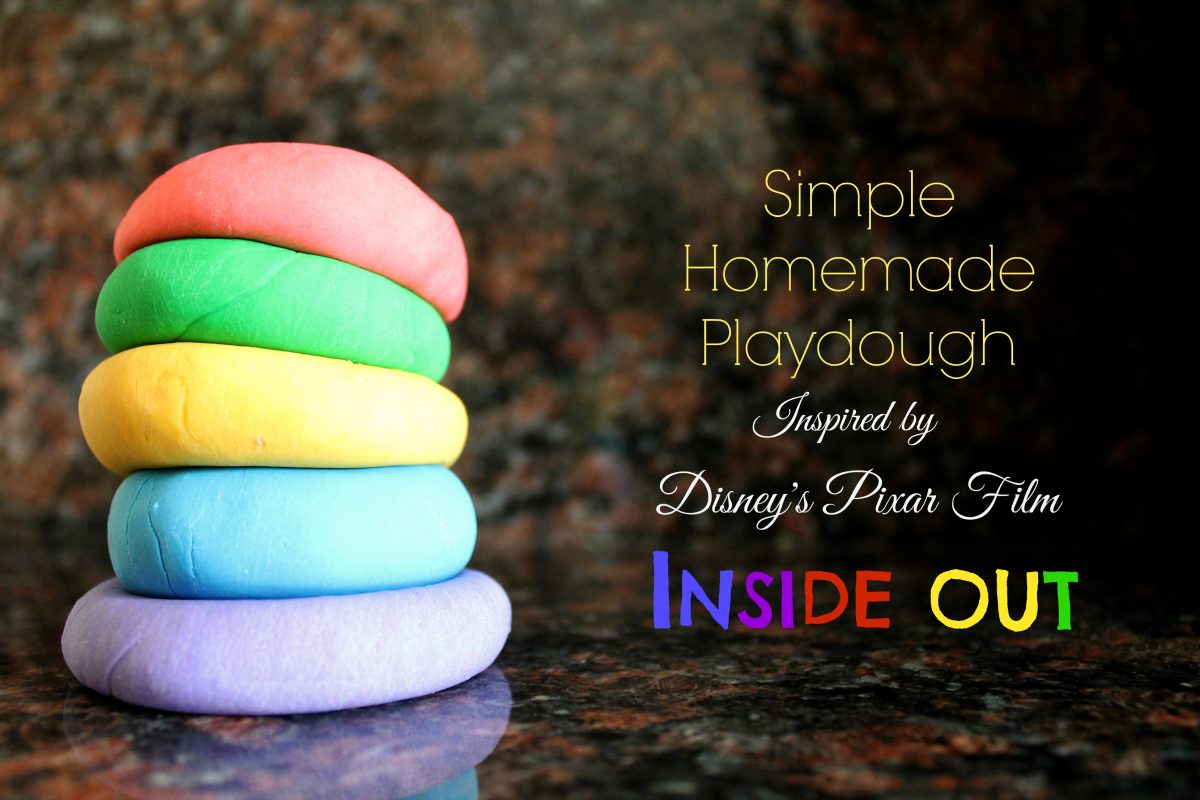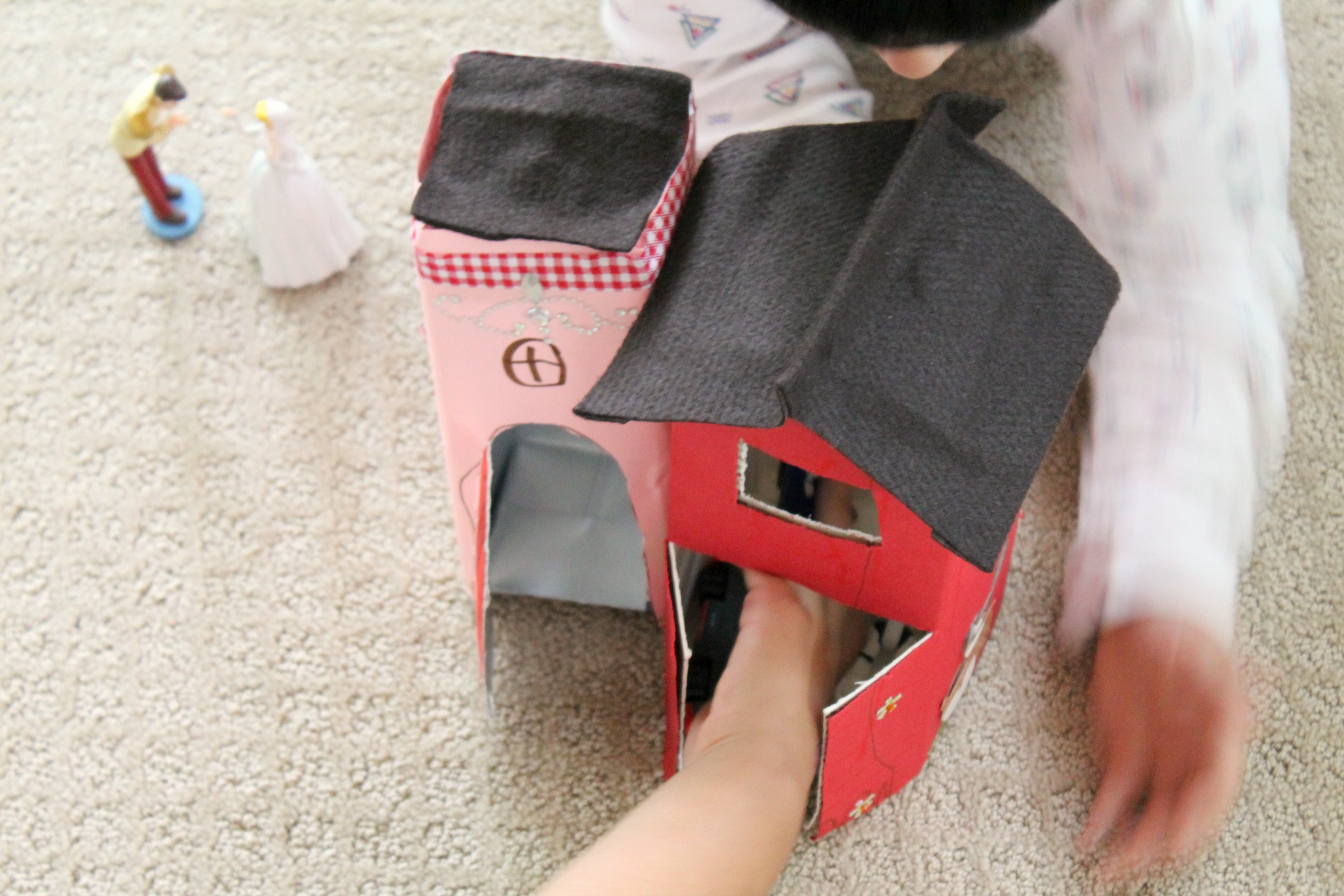|
Forts, tents, whatever you choose to call them – are a necessity for children. We often think of adults as the ones who need privacy or a place to “escape.” Did you know that children need this too? They just don’t know how to tell us. One of the most common ways that they express their need to escape the adult world is by creating their own spaces with blankets, pillows, chairs, stuffed animals, toys, boxes, even furniture sometimes. I see this often when working with young children and a big part of it correlates with a young child’s need for personal space which creates a different kind of dramatic play scene. It’s the kind of play that allows for their imagination to thrive in a setting that only they are in control of and rule. Where their imaginations aren’t guided by the numerous “open-ended” questions that adults impose on them. Outside of their private headquarters there are other “rules” that are not their own but rules governed by the King & Queen of the community – Mom and Dad. Back inside this wonderland of blankets and sheets, THEY are the Kings & Queens of their domain.
Rules are established, bounderies are set, titles are given. A home is made. All simply by the careful draping of a sheet. No one to tell them what they can and cannot do or what activity they should be doing. This is a place where they can be themselves and truly feel as though no one is watching them (even though we Moms and Dads are secretly keeping our ears wide open). It’s the simplest version of a secret clubhouse. Almost everyone at some point wished that they could have had a clubhouse or a tree house in their backyard to escape to, and decorate and use as they please. Not everyone has that opportunity though. In small settings like ours, sheets are the answer to that wish.
Even more so in small settings are these kind of tents invaluable because like adults, children become stressed by the normal daily happenings. Have you ever put yourself in the shoes of a child? Can you imagine being led by another human being (bigger than you) all your life. Granted, young children haven’t had much life experience to have any say so in how they should live their lives, but imagine being told when to eat, when to take a bath, when to sleep and wake up, how and when you should share your belongings when you don’t want to, being ordered to clean YOUR room, etc. Don’t get me wrong though, these are all things I have done and still do to my own children, but the whole point of this post is to remind parents (including myself) and childcare providers that children need space too. They need time to just…. chill, and not be bothered sometimes. The bigger the sheet the better, but don’t let that stop you. Small, medium, large, old, new, torn, sewn, doesn’t matter. Kids don’t care. Use large binder clips like these to extend the fortress by adding more blankets if you have the space. Use anything and everything that is sturdy enough to support the weight of the blankets or sheets (I recommend using sheets because blankets can get heavy). Don’t forget about large boxes! If you have some, bring them out and use them as well! Get creative with the children. Sometimes they have a difficult time with this (depending on their age) because they haven’t had much experience with making indoor tents, or they know certain items in the house are off limits so brainstorm with them. Encourage them to think about the different ways they can utilize the space. Experiment with different sized sheets and how to make them stay pinned down if you are unable to use binder clips.
Once it’s done, they will do the rest. This set-up creates the perfect catapult to lessons in social cooperation because it really becomes THEIR own space to govern. Naturally though, when two children are using the same space there will be some disagreements and maybe a few scuffles in between, but as long as they are not causing harm to one another those disagreements and scuffles are good lessons for life. Allowing them to work through it helps them build on their vocabulary, social, and problem solving skills. As the adult you want to make sure you are fully tuned in to what is being said and done (without the hovering of course) just in case you do need to intervene. Toddlers for instance will require more attention because they are just beginning to learn how to play and share with others (especially when it comes to sharing toys and space), whereas 3 & 4-year-olds have had quite a bit experience learning how to share and problem solve (some more or less than others) and have the vocabulary skills to work it out amongst themselves. If not, they’ll come to you and at that point you can help them by giving them the words that they need.
And if you are privileged with an invitation to enter this secret society, try to enjoy your stay…
AS A GUEST. Read a book, sing some songs, have circle time, or just sit back and relax. Enjoy the company of a young child and their imagination. It’s good for the soul. |












